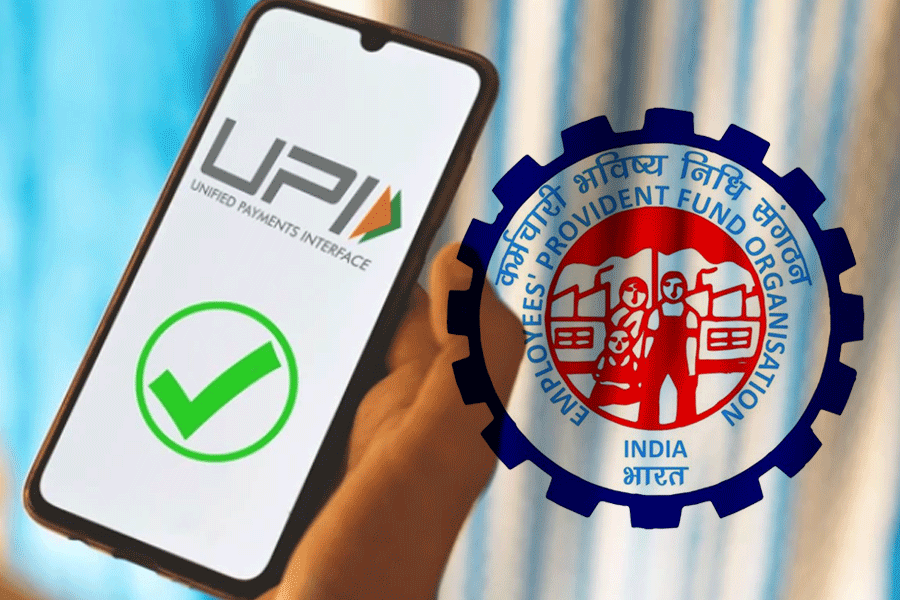 |
New Delhi, March 19: Apple Inc has scrambled to sign deals with four leading cellular players to launch its iPhone 3G Speed (3GS) next week.
Apple is tying up with Bharti Airtel, Reliance Communications, Vodafone Essar and Maxis-owned Aircel to sell the faster version of the popular iPhone.
The move comes just a few weeks before the government readies to auction 3G spectrum to cellular companies.
High-speed 3G services will be available in the country in the next six months. The state-owned telephony giants — Bharat Sanchar Nigam Ltd (BSNL) and Mahanagar Telephone Nigam Ltd (MTNL) — have already launched their 3G services on radio waves that were made available to them on a preferential basis though the uptake has been slow.
“Bharti Airtel and Apple have reached a pact to bring iPhone 3GS to India,” said a spokesman for the cellular operator. However, Apple chose not to comment on the timing of 3GS launch or its pricing.
The new handset can perform tasks up to 3.6 times faster than the previous model.
But analysts said there might be a lukewarm response to the product because of two reasons: first, the grey market versions of the product have been around since last October and, second, Apple plans to launch its fourth-generation iPhone in the US in June.
“It seems like an old Apple ploy to offload devices in markets where the older product hasn’t been doing well. But there isn’t likely to be a great deal of buzz around this launch because the iPhone 4G will hit markets soon in the US,” said an analyst.
Interestingly, the device will be locked to the user’s carrier (that is, the first SIM that is inserted into the phone) for a period of at least a year. This will allow the cellular operator to bundle the benefits of free Internet use and promotional tariff with the handset.
The operators “locked” the earlier iPhone 3G version also but it was only for a few months.
The cellular companies in the US and Europe usually provide big subsidies on handset prices in exchange for the “locked” facility. But Indian customers aren’t likely to get similar benefits. And there’s a good reason why.
“The US operators are able to subsidise handsets because they can offset this with their high call charges. They charge 25 cents a minute. In India, the call charge is 1.5 to 2 cents a minute,” said a senior executive of a telecom operator.
Industry analysts said the 16GB version of the iPhone 3GS was likely to be priced at around Rs 33,000 while the 32 GB version will be available at Rs 42,000.
The bad news for Apple is that the unlocked version of the iPhone 3GS is already available in the grey market at around Rs 28,000.
Some people, however, rationalise the pricing of the official version.
“Although it is easy to unlock the iPhone, a customer who buys the grey market version will not get the warranty that an operator provides. And he may not be able to use all the services provided by the cellular operator,” said Rajat Agrawal, editor of online portal CellPassion.
Analysts also said a tie-up with BSNL and MTNL might have worked better for Apple as handsets lose their buzz after the initial three to five months. Private operators can start providing commercial 3G services from October.
The high-speed services on the 3G spectrum will give telecom companies an opportunity to attract higher premia for multimedia capabilities in a domestic market that is bursting with competition and is riddled by shrinking margins.
Apple faces competition here from other smartphones, including those built on Google’s Android operating system as well as BlackBerry devices from Research in Motion (RIM). Nokia, Samsung and LG also have some nifty smartphones in their product portfolio.










